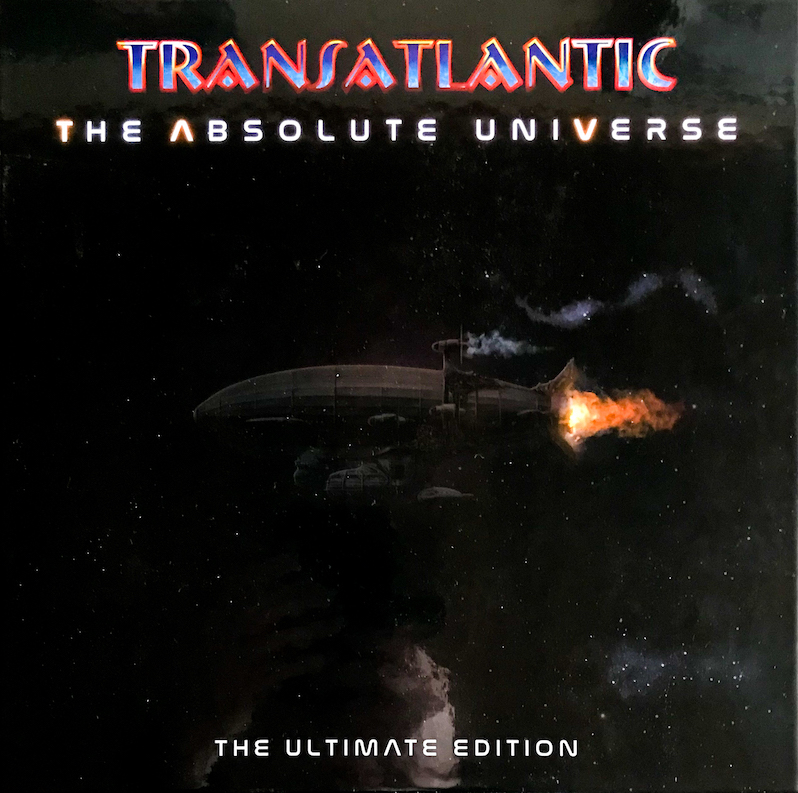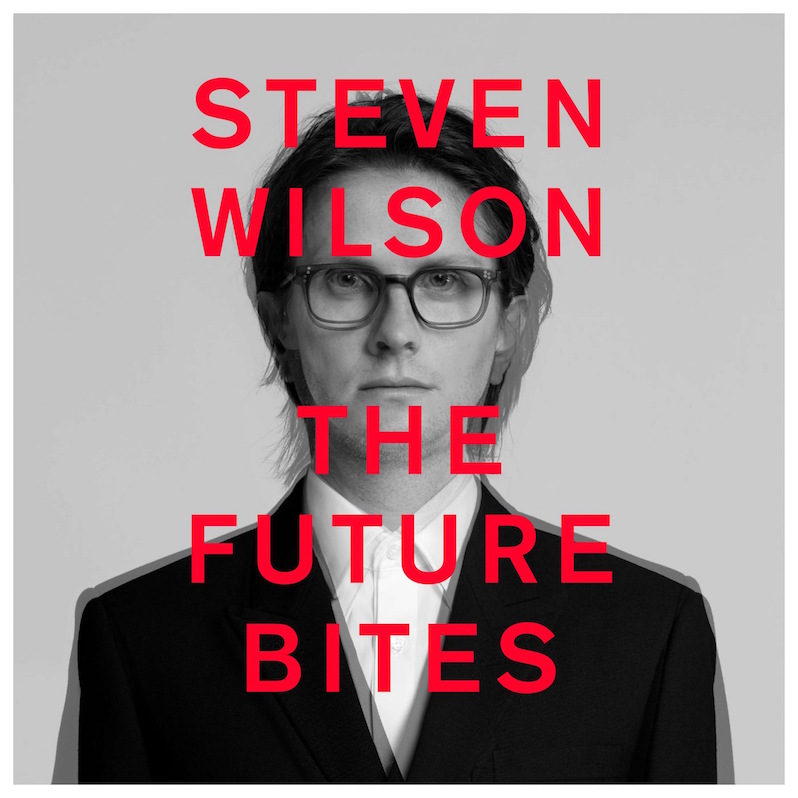Transatlantic : The Absolute Universe

Bands tend to have an internal rhythm. It’s often not one deliberately predetermined by the group but instead a natural rhythm that appears when certain creative figures engage in work, especially over a long period of time. Voivod, for instance, famously seem to work in loose trilogies; Rush, as we’ve noted in a lengthy, career-spanning series, work instead in sets of four. Transatlantic—the prog rock supergroup of Neal Morse of Spock’s Beard and solo work, Pete Trewavas of Marillion, Roine Stolt of the Flower Kings and recent collaborator of Jon Anderson of Yes, and Mike Portnoy of Dream Theater as well as frequent Neal Morse collaborator—tend to work in sets of two. Their first two albums, SMPTe and Bridge Across Forever (which, surprisingly, featured a songwriting credit from none other than Prince), came one right after the other, delivering macro-scale progressive rock of the very traditional variety. The second set expanded the previous half-hour long song suites into even more enormous and architectural spans, with The Whirlwind clocking in at a mighty 80 minutes as a single song. Their approach to these macro-scale prog rock compositions borrowed more from The Beatles Abbey Road suite than they did from the dense and cacophonous works of groups like Magma or Univers Zero, arriving at progressive rock via lushness and recapitulated melodies and movements rather than extreme technicality. Transatlantic’s approach to prog is massively melodic, focused more on hooks and sugar-sweet melodies like a symphonic-oriented Jellyfish.
These are the building blocks of this most recent phase of Transatlantic’s work. This time, the duo comes not as two separate records but as one single work; The Absolute Universe was released in two separate versions, the 90-minute Forevermore version split over two discs and the abridged 64-minute The Breath of Life version on a single disc. The second is not just a shortening of the first, either; they are better viewed as alternate versions rather than a full and a shortened one, with the abridged song having completely different lyrics, vocal takes, and each featuring a few passages unique to one or the other. There is then a third, final version, titled Ultimate, which is a 96-minute edit combining elements of both, available only on Blu-Ray Audio.
Sounds intimidating, right? Thankfully, the same approachable sensibility remains. The two-disc format for Forevermore functionally splits the 90-minute song into two 45-minute suites while, in both instances, the intense melodicism and soaring classic prog sensibilities keep the material away from being a mind-churning display of endless virtuosity, instead opting for something halfway between Yes at their most sky-filling and the Beatles or perhaps Paul McCartney at his most internally complex. Another great benefit is that the multiple versions thankfully do not feel radically different from one another; if anything, the abridged version feels perhaps the best of all versions, with the shortened runtime providing a tighter overall composition that keeps a more consistent sense of drive and momentum. That said, the 90-minute version, despite its absolutely ludicrous runtime (eat this, Bell Witch), doesn’t flag near as much as a naysayer might imagine. There is certainly a lack to firm sense of melodic finality and full emotional payoff in each of the sections, but this is a necessary facet of making a longform composition like this; there are, however, minor resolutions dotted all over the record, ones that leave an emotional question closed enough so that the next section acts as the extended-form answer of the remaining element, a process chained repeated across the span. Another way to think of it is a record that can only be listened to all the way through, something a good many of us are already well-trained to do.
The music itself is perhaps unsurprisingly a by-the-numbers prog affair. Transatlantic are not a group of avant-garde experimentalists. Even the size of the compositions falls under the same mindset that generates this music, which is to be the most prog rock group of all time. There is a sweetness to the melodicism, a sweetness the group wears proudly on their sleeves, one unchecked by the bitterness you might assume would come to ward away the cheese. There are lengthy sections that musically bear more resemblance to power pop masters Jellyfish and the solo work of founders Andy Sturmer and Roger Manning than they do to King Crimson or Van der Graaf Generator. Transatlantic’s approach to prog is one without the roughness and angularities that intrigue and delight some, feeling less like a spider-brained cerebralist utopia like that of groups like Krallice but instead an almost candycane wonderland. This is the influence of the Beatles and the power pop of the ’70s from the Raspberries and Badfinger forward shining through, clearly shifting Transatlantic’s focus from wild shifting time signatures and finger snapping licks to the kinds of hyper-melodic imagistic romantic sweeps of prog at its most grand and lush.
The fact that the music seeks not to color outside of the lines but instead to intensify both the colors and the lines of the standard mind-image of prog rock will either be a great boon or a great detractor to you; in many ways, The Absolute Universe, much like Transatlantic’s career as a whole, will become a litmus test for whether you personally are a permanent adherent to the mad cult of progressive rock or instead a curious passerby. It’s a record that at once seems too massive and rich and evocative to not reach people, too bold and potent to not at least create that epiphanic moment of understanding the why of progressive rock even if it’s not to everyone’s personal specific interests. But just as much it is a record likewise feels in ways like a one-way door, something that will allow free entry to rabid worship for those adherents of the cult while remaining agnostic and oblivious to those outside.
Label: InsideOut
Year: 2021
Similar Albums:
Langdon Hickman is listening to progressive rock and death metal. He currently resides in Virginia with his partner and their two pets.




